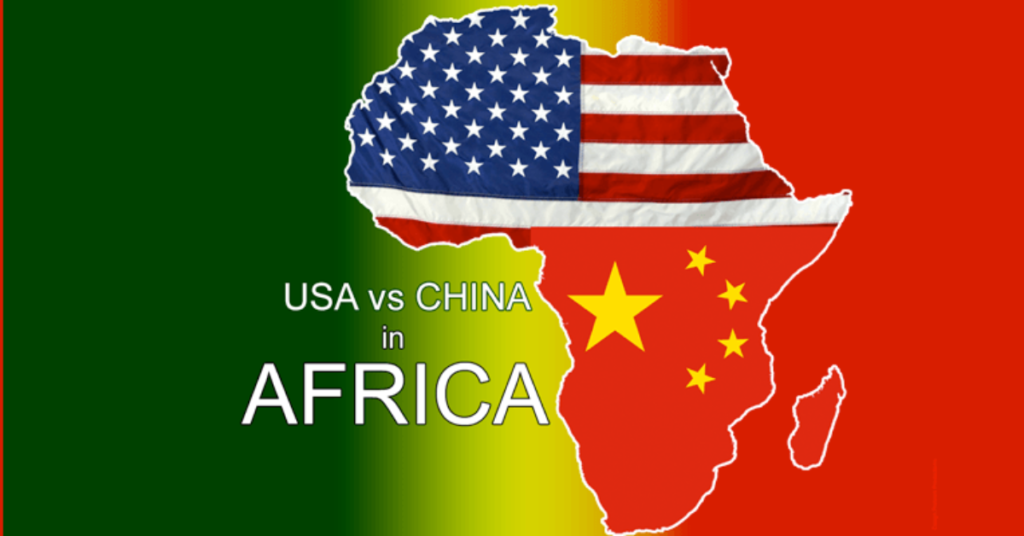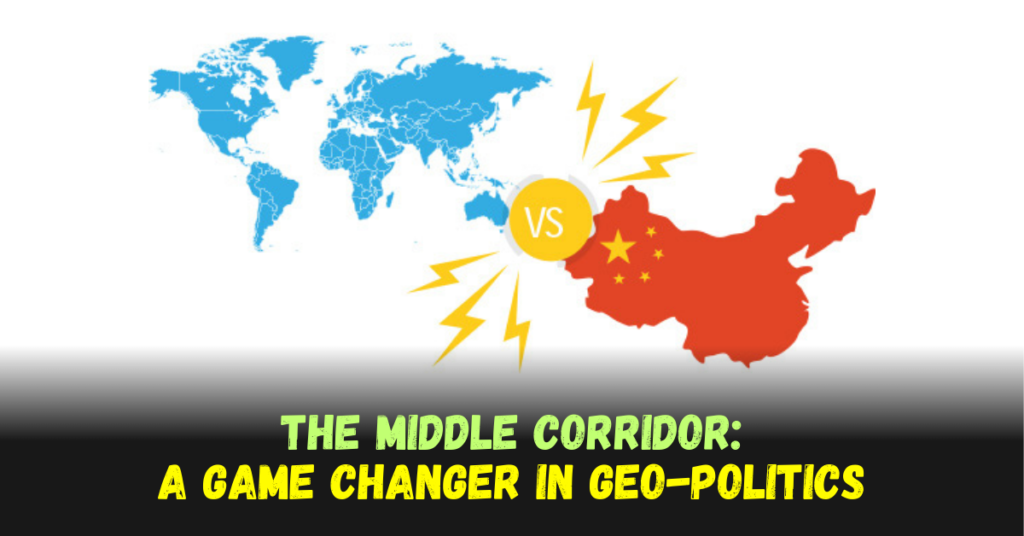The recent military coup in Niger in 2023 throws a spotlight on the simmering tensions within the Sahel region of central Africa. This vast and unforgiving landscape grapples with a multitude of challenges, including widespread poverty, food insecurity, and the brutal violence perpetrated by extremist groups like Al-Qaeda and ISIS. This instability creates a vacuum that attracts the attention of international actors, each with their own agendas and historical ties to the region.
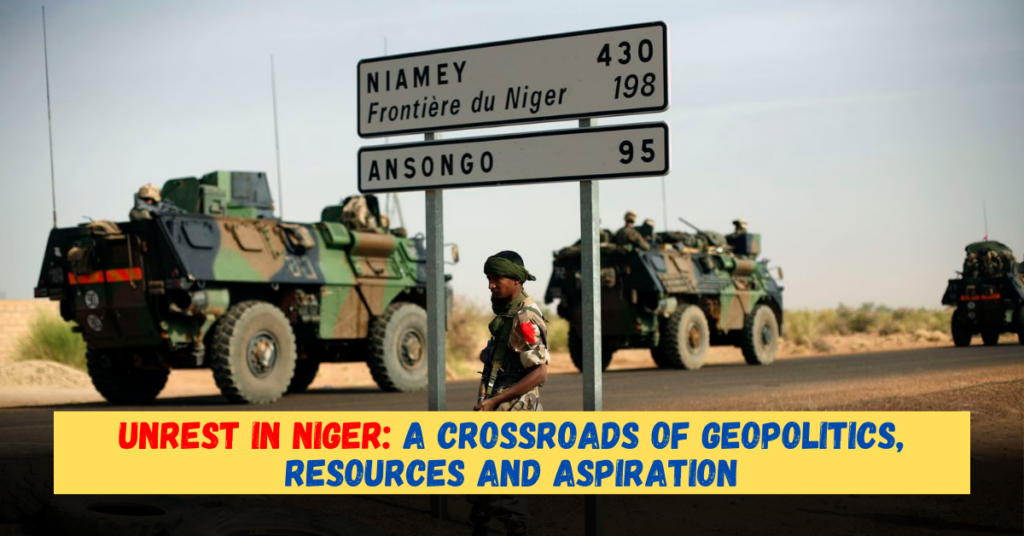
The United States (US) and France, former colonial powers, have long been involved in the region. However, their influence is waning as Russia and China make increasingly prominent inroads. Understanding the complex interplay between these external forces, the exploitation of natural resources, and the aspirations of the Nigerien people is vital to unpacking the current situation in Niger.
A Legacy of Colonialism and Unequal Partnerships
Many Sahelian countries, including Niger, were former French colonies. While they gained independence in the 1960s, the legacy of colonialism continues to cast a long shadow. Nigeriens perceive lingering French influence and resource extraction by Western powers as contributing to their ongoing problems. France maintains a significant military presence in the region, ostensibly to combat terrorism.
However, critics argue that this presence primarily serves French interests, with little tangible benefit for the local population. They point to a lack of infrastructure development, limited investment in education and healthcare, and a disconnect between French security priorities and the needs of ordinary Nigeriens. This perception of an unequal partnership fuels resentment and contributes to the growing anti-Western sentiment in the region.
Niger: A Nation Rich in Resources, Yet Impoverished
Niger presents a stark paradox. As the world’s seventh-largest producer of uranium, a crucial element for nuclear energy, it occupies a strategic position. The vast reserves of uranium within its borders hold the potential for significant economic development. Despite this resource wealth, Niger remains one of the poorest countries globally.
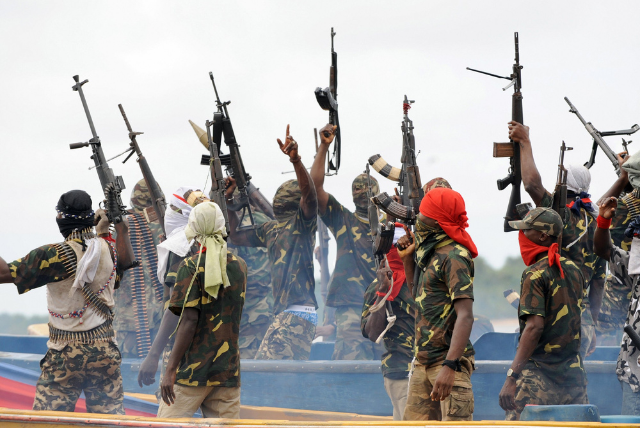
According to the World Bank, over 40% of the population lives below the national poverty line. This staggering statistic fuels public anger and raises critical questions about who truly benefits from Niger’s resource extraction. Many suspect that a significant portion of the profits bypass the local population, enriching foreign corporations and corrupt elites.
The lack of transparency in resource deals and the limited investment in local communities further exacerbates these concerns. This sense of economic marginalization, despite sitting on a treasure trove of natural resources, is a key driver of the frustration and unrest simmering beneath the surface in Niger.
Military Takeover and Anti-Western Sentiment
In 2023, a military coup toppled Niger’s democratically elected government. The new leadership, seen as more nationalist and anti-Western, terminated a military agreement with the US, demanding the removal of US troops stationed in Niger. This decision reflects a growing public disillusionment with Western involvement in the region. Public protests against France, often accompanied by displays of support for Russia’s Wagner Group, a private military company with a controversial track record, further illustrate this shift in sentiment.
See Also: India Counters Pakistan’s Islamophobia Resolution at UNGA
The rise of the Wagner Group in the Sahel is a symptom of a broader trend. Western powers are struggling to contain the growing influence of extremist groups and grapple with public fatigue over seemingly endless military interventions. The Wagner Group, with its experience in counter-insurgency operations and its willingness to operate in environments deemed too risky by Western governments, presents itself as an alternative solution for some Sahelian nations. However, the Group’s involvement raises serious concerns. Accusations of human rights abuses and its role in furthering the militarization of the region cast a shadow on its operations.
A Changing Geopolitical Landscape in Africa
The waning influence of the US and France in Niger reflects a broader shift in the African geopolitical landscape. China’s growing economic clout offers African nations new opportunities for investment and infrastructure development. Russia, eager to expand its reach beyond its traditional sphere of influence, is actively courting African leaders, often playing on anti-Western sentiment. India, too, is increasingly engaged in Africa, focusing on development partnerships and resource exploration. This evolving dynamic presents both challenges and opportunities for African nations navigating complex diplomatic waters.
The Future of Niger: Challenges and Opportunities
The situation in Niger underscores the interconnected web of difficulties faced by the Sahel region. Addressing these challenges requires a multi-pronged approach. International actors must prioritize transparent and sustainable development partnerships that empower local communities and address the root causes of poverty and instability. This includes investment in agriculture, education, and healthcare infrastructure. Additionally, tackling corruption and ensuring that resource wealth benefits the Nigerien people is crucial. Transparency in resource deals and directing a greater share of profits towards community development projects are essential steps in rebuilding trust between the government and the citizenry.
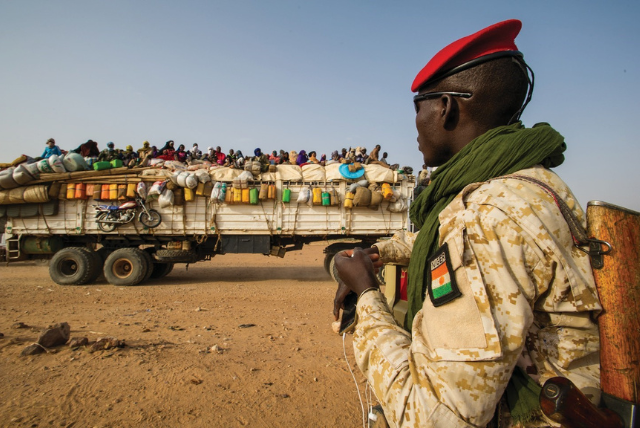
The new leadership in Niger has a critical role to play in rebuilding trust with its citizens. Prioritizing good governance, fostering an inclusive political process, and upholding human rights are essential steps towards achieving stability. Confronting violent extremism requires a regional approach that combines effective security measures with efforts to address the grievances that fuel radicalization. Building stronger cooperation and intelligence-sharing mechanisms between Sahelian countries is vital to combating the cross-border threat posed by extremist groups.
The Role of Civil Society and Regional Cooperation
Civil society organizations play a crucial role in promoting peace, democracy, and human rights in Niger. These organizations provide essential services to communities, advocate for good governance, and hold the government accountable. However, they often operate in a challenging environment, facing restrictions and intimidation. Supporting and strengthening civil society is critical to fostering a more inclusive and democratic future for Niger.
Regional cooperation is also essential for addressing the challenges faced by the Sahel. The countries of the region share a common border, history, and culture. They also face similar threats from violent extremism, poverty, and climate change. Working together through regional organizations like the Economic Community of West African States (ECOWAS) and the G5 Sahel force can foster a more coordinated and effective response to these challenges.
The Nigerien People: A Longing for Stability and Opportunity
At the heart of the unrest in Niger lies the yearning of the Nigerien people for a better future. They desire stability, security, and the opportunity to improve their lives. They want their nation’s rich resources to benefit all citizens, not just a select few. The new leadership must prioritize the needs of the people and address their legitimate grievances. This includes creating jobs, improving education and healthcare, and tackling corruption. Only by meeting the aspirations of its citizens can Niger achieve lasting peace and prosperity.
The Path Forward: A Collaborative Effort
The future of Niger – and the wider Sahel region – hinges on a collaborative effort. International actors, regional partners, and the Nigerien people themselves must all play their part. International actors must prioritize transparent development partnerships that empower local communities. Regional cooperation is essential for tackling shared challenges like violent extremism. The new leadership in Niger must prioritize good governance and address the root causes of discontent. Ultimately, a stable and prosperous Niger can only be built through a collective effort that prioritizes the well-being of its citizens.

Conclusion
The unrest in Niger serves as a stark reminder of the complex and interrelated challenges faced by the developing world. It highlights the lingering effects of colonialism, the struggle for resource sovereignty, and the yearning for a more secure and just future. By understanding the historical context, the complexities of international involvement, and the aspirations of the Nigerien people, we can move forward with a renewed commitment to supporting a more peaceful and prosperous future for Niger and the Sahel region.
Thanks for Visiting Us In Focus!
For DMCA complaints, please visit our DMCA Form / Report Content
Follow us on other platforms as follows:
Facebook – https://www.facebook.com/usinfocus
X (formerly Twitter) – https://twitter.com/usinfocusdotcom

